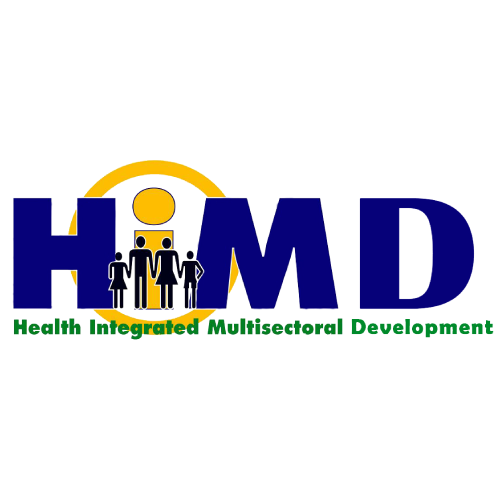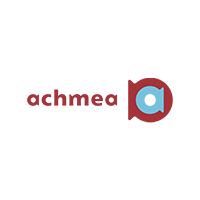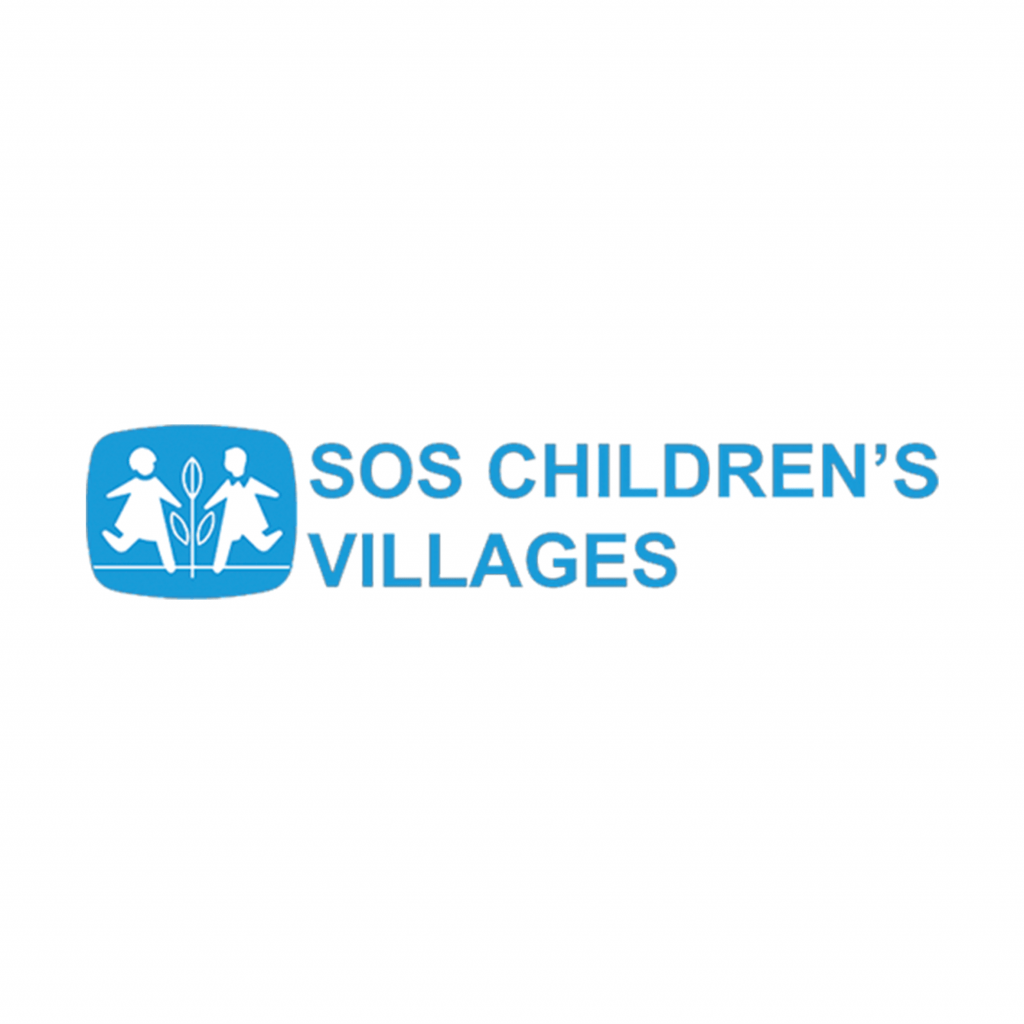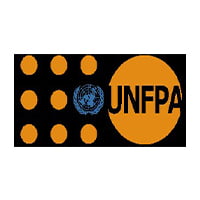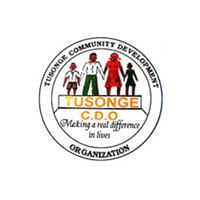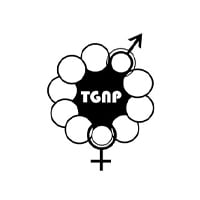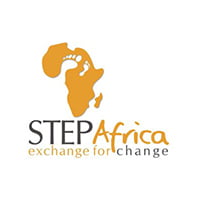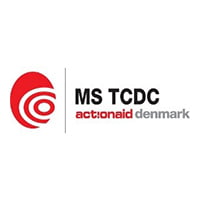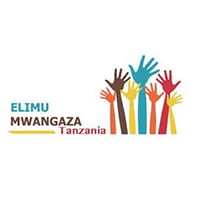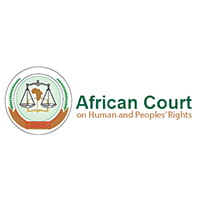The Road To
A World
FREE of FGM
Our mission is to protect and empower as many young women and girls as possible
Especially in rural societies in Tanzania, a girl’s destiny is determined by birth. Due to strong cultural beliefs, she is expected to be married and too many girls get mutilated before this forced marriage.
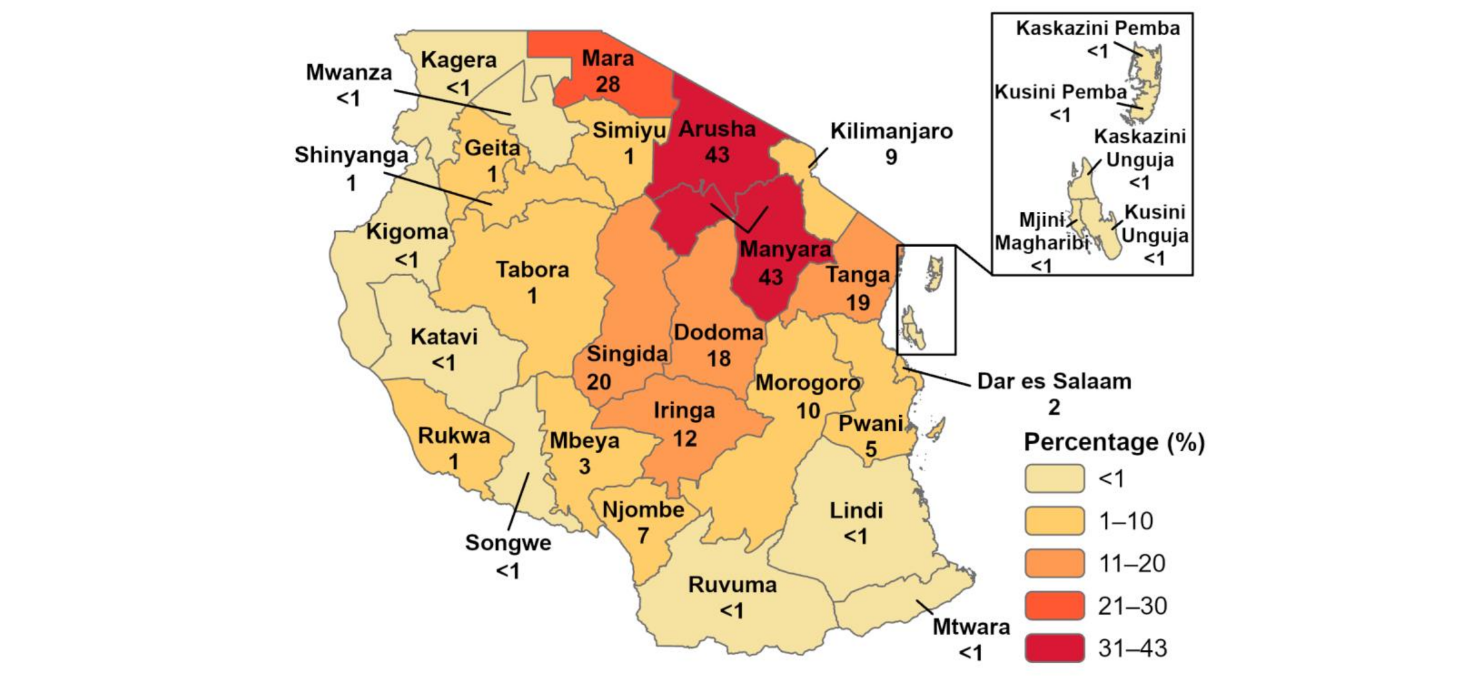
The Story of FGM/C in Tanzania
WHO report estimated that more than 200 million girls and women alive today have undergone female genital mutilation in the countries where the practice is concentrated. Furthermore, there are an estimated 3 million girls at risk of undergoing female genital mutilation every year. The majority of girls are cut before they turn 15 years old. Female genital mutilation has been documented in 30 countries, mainly in Africa, as well as in the Middle East and Asia.
The prevalence of FGM/C varies greatly across the different regions of Tanzania. But according to the Tanzania Demographic and Health Survey (2022) it is most prevalent in Manyara and Arusha, with 43% of women reporting that they have been circumcised. HIMD focuses on the rural societies in and around Arusha.
The road to a world free of FGM
Health Integrated Multisectoral Services (HIMS) is a registered Non- Governmental Organization working on a charitable basis, but with no religious affiliation. The organization is non-partisan and non-racial. It was founded in September 2003 and was officially registered under the Society of Ordinance with the Certificate of Registration SO. NO.12642 on 30-07-2004. HIMD is campaigning to end FGM in pastoral communities in Tanzania and Eastern Africa in General. Female genital mutilation (FGM), also known as female genital cutting and female circumcision, is defined by the World Health Organization (WHO) as “all procedures that involve partial or total removal of the external female genitalia or other injuries to the female genital organs for non-medical reasons”. The above map shows the % of girls and women aged 15-49 years who have undergone FGM/C.
Our Mission In partnership with other Organizations
To promote health to marginalized groups whose socio-economic situation has been made vulnerable due to various factors. To undertake participatory needs assessment to identify gaps and set up appropriate To work towards programs which facilitate individuals in the war against Ignorance, Diseases, Poverty, HIV and AIDS and Environmental Degradation and thereby contribute towards the country’s Millennium Development Goals (MDGs)/Now Sustainable Development Goals (SDGs).
PARTNERSHIPS
HIMD is grateful for the support of the following partners who have contributed to our great success.
